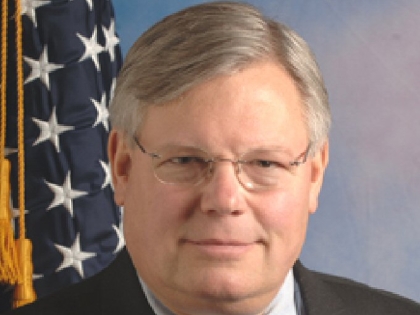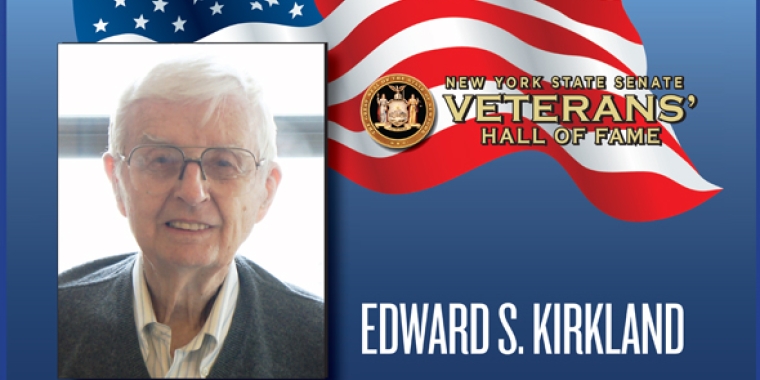
The New York Times: Primary Results Show Progress for Gay Candidates
By A.G. Sulzberger
James Van Bramer and Daniel Dromm are both Democrats who built reputations for their activism in their Queens neighborhoods and their work in schools and libraries. They are also gay. And after victories in the primary election this week, they appear likely to join the City Council.
It was less than 20 years ago when Thomas K. Duane became the first openly gay member of the City Council and currently there are two lesbian members representing Manhattan, Rosie Mendez and the Council speaker, Christine C. Quinn, both of whom won on Tuesday. (Mr. Duane is now a state senator.)
With four gay and lesbian Democrats poised to take seats, the new makeup of the 51-person body for the first time appears likely to reflect the percentage of people in the city who identify as gay or lesbian, said Patrick J. Egan, who teaches politics and public policy at New York University.
“It’s an important milestone for the community and obviously I’m enormously proud to be a part of that,” said Mr. Van Bramer, who works for the Queens Public Library. “Queens was where I was born and raised, I’ve lived here my entire life and I never doubted that this could and would happen.”
While several other gay and lesbian candidates lost their bids for City Council seats and sexual orientation was raised as an issue in a couple of races, Kenneth Sherrill, a political science professor at Hunter College, said the results showed that it had become easier to run as an openly gay candidate.
All the candidates ran on a variety of platforms, after a traditional model of citing issues of local importance and promoting their own past accomplishments, aimed at attracting votes across the Democratic spectrum.
But the gay candidates also touted their endorsements from gay and lesbian organizations, spoke about their commitment to gay rights and their partners, which Mr. Sherrill said was a change from the past, when candidates “would have hidden their sexual orientation for as long as possible.”
“There probably still are neighborhoods where it is a liability — in fact, there undoubtedly are,” Mr. Sherrill said. “The point is it’s not taboo in Queens anymore. It’s no longer a Manhattan thing that one can be openly gay and get elected.”
Mr. Duane said that a couple of years after his election to the City Council, the speaker at the time, Peter F. Vallone, called him into his office. Mr. Duane recalled, “He said, ‘You know Tom, you’ve really changed a lot of minds around here.’”
Mr. Duane added: “It was really touching, really moving. And now the Council president, the person calling people into her office, is openly lesbian.”
The Gay and Lesbian Victory Fund, a Washington-based organization that supports gay, lesbian, bisexual and transgender candidates, said that the number of openly gay and lesbian across the country in elected office had increased from 50 to 450 since 1991. But that’s just a fraction of the roughly 500,000 elected offices nationwide, said Denis Dison, the fund’s vice president.
“We have a long way to go,” he said.
Even in New York, where voters have been more open to gay and lesbian candidates, sexual orientation has been used against opponents, most famously in the 1977 mayor’s race between Mario M. Cuomo and Edward I. Koch, when people carried signs and shouted the slogan “Support Cuomo not the Homo.”
In this year’s races, candidates said some of their opponents tried to make it a wedge issue. “If there is nothing else they can do they often go for the gay angle,” Mr. Dison said. “Sometimes it’s incredibly blatant.”
In Queens, a flier left in hallways and slid under doors, warned about “the real Danny Dromm,” adding, “The gay activist candidate for City Council has another record he doesn’t want you to know about.” The flier – which cites an arrest as a teenager nearly four decades ago when police found him kissing a man in a parked car - asked voters to “protect our community.” (Mr. Dromm did not return a phone call to his campaign office.)
But — Mr. Sherrill pointed out — “It didn’t work.”
One sign of the growing acceptance of gay and lesbian politicians is that they can no longer automatically count on gay support, Mr. Egan said. The Lesbian & Gay Democratic Club of Queens endorsed one of Mr. Van Bramer’s opponents, Deirdre Feerick.
“Just because you’re gay doesn’t necessarily make you a good candidate,” said Darryl D. Hoss, a member of the club, who acknowledged that some “bad blood” also factored into the decision — Mr. Van Bramer had sought to start a rival gay political club. And in Manhattan, Yetta Kurland who is gay, challenged Ms. Quinn.
“Ten years ago it would have been considered blasphemy for anyone gay or lesbian to challenge the openly lesbian president of the city council,” Mr. Egan said. “It suggests an evolution and a certain political maturity. Sexual orientation is one of many factors gay and lesbian voters are thinking about.”
Bob Zuckerman, who leads the Gowanus Canal Community Development Corporation and finished a distant fourth in his Council race in Brooklyn, said his being gay was an obstacle to winning votes from Orthodox Jews in Borough Park.
“Even though I’m Jewish and very pro-Israel and have the most Jewish last name of any of the candidates, we were a nonstarter there because I’m openly gay,” he said.
He pointed to a Yiddish-language paper, Der Blatt, which ran an advertisement for his opponent that referred to gays as “abominations.”
Mr. Zuckerman, who received just 7 percent of the vote, had written on his campaign Web site that he hoped to become the first openly gay legislator ever elected from Brooklyn.
“That day will come,” Mr. Zuckerman said on Thursday. “I hope that my campaign has helped pave the way for that.”
